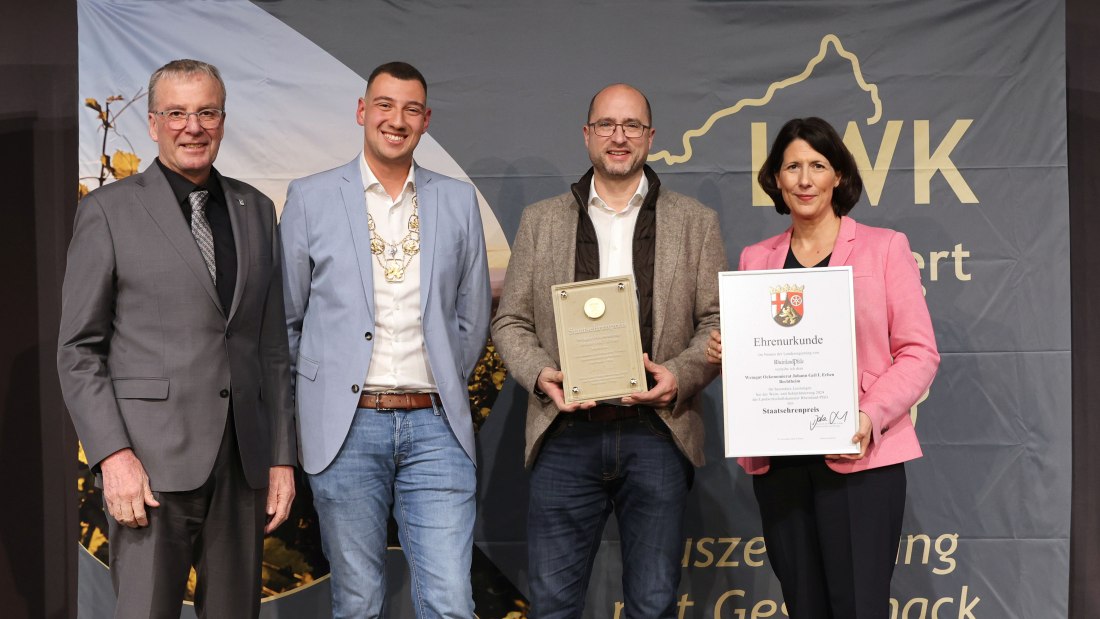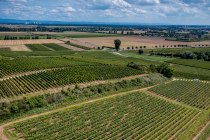Winery Oekonomierat Johann Geil I. Erben
Gault Millau 2014: "The Bechtheim winery is continuing to increase and is a benchmark when it comes to Riesling and Silvaner, Pinot Noir, but also specialties such as Muscat in Rheinhessen ... the third grape is clearly within reach." VivArt: "Johannes Geil-Bierschenk has long resisted the infantilization of taste "Flexible partner for specialized trade and export. Gault Millau 2 red grapes. Best dry Riesling Riesling Producer Award 2013 Staatsehrenpreis 2013 One of the 111 best young German winemakers in the Fine Wine Magazine.










